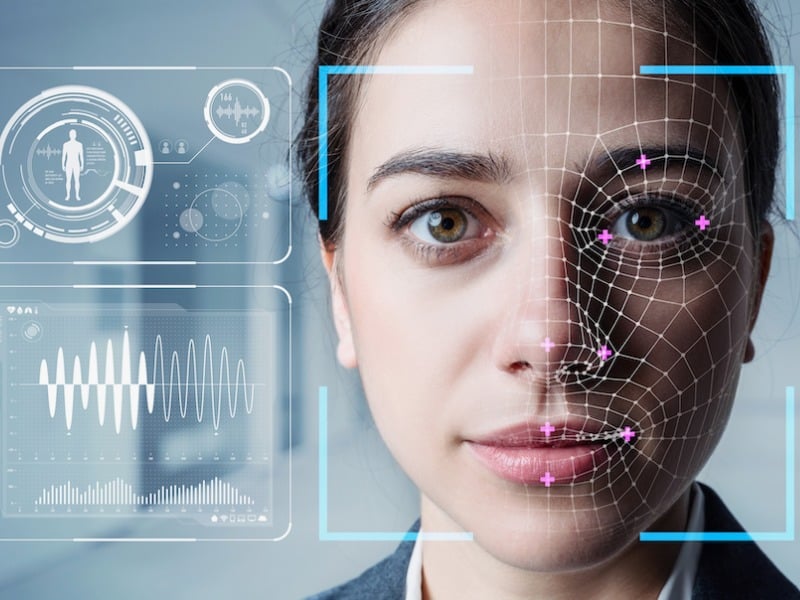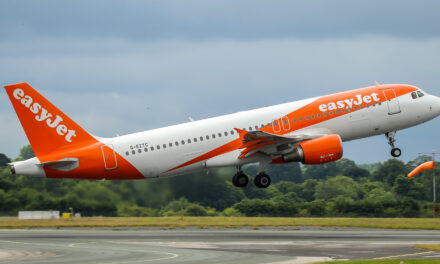The UK’s Border Force is exploring the implementation of facial recognition technology at airport e-gates, potentially eliminating the need for passports upon arrival. Phil Douglas, the director general, expressed his admiration for similar systems already deployed in Australia and Dubai, aiming to create a “smoother” entry process for travellers.
Douglas envisions an “intelligent border” utilising advanced facial recognition, exceeding the current capabilities of e-gates. He drew inspiration from Australia’s system, where travellers seeking electronic travel authorization scan their passport chip with their smartphone, sending their photo to Border Force authorities. This photo then allows seamless identification by facial recognition upon arrival, bypassing the traditional passport check.
Trial runs of this technology are slated for later this year within UK airports. A successful evaluation would lead to a nationwide rollout, requiring acquisition of the necessary equipment.
This potential shift has sparked mixed reactions. Proponents highlight faster entry times and enhanced security, while critics voice concerns about privacy intrusions and potential discrimination arising from algorithmic biases.
The Border Force intends to address these concerns with clear data protection measures and robust oversight mechanisms. Ultimately, the success of this initiative will hinge on a delicate balance between streamlining travel and safeguarding individual rights.










